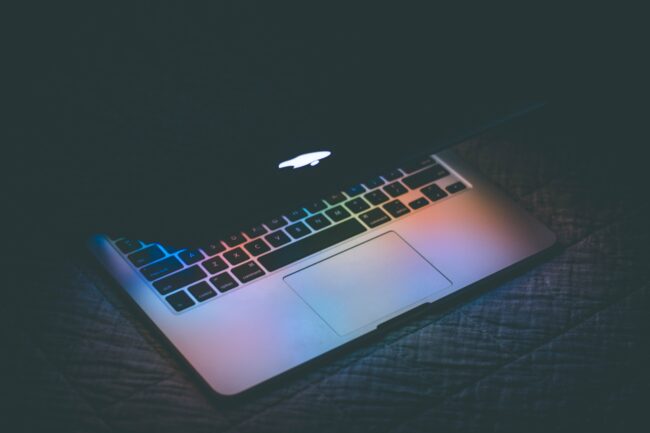COVID, Social Media and Technology
Having access to the internet, online news and social media is something that makes getting through COVID easier right?

It means we can access up to the minute information about the virus, stay in touch with loved ones, and of course work through online platforms. We do need to manage how we engage with the world wide web though in order look after ourselves.
Using social media platforms is a common coping strategy – it can help us to understand information and try to make sense of it. It can be very helpful if we take care not become overwhelmed by what we are reading. Here are some tips:
- Set boundaries for yourself in terms of time spent scrolling,
- Be alert to “fake news” & misinformation – cross reference information with that provided by reputable news sources,
- Notice your reactions – if you are finding you are getting upset or confused take a break,
- Recognise that social media is designed to play to peoples’ biases and keep you ‘clicking’ – take information you read with a grain of salt and find reputable information sources in relation to health advice.
More broadly, the use of screens can inhibit our ability to get a good night’s sleep. Studies have shown that the natural rise of melatonin (a hormone that makes us ready for sleep) is not affected by 1 hour of bright screen light, but is after 1.5 hours.
- This light interferes with the natural patterns of sleep & wakefulness,
- Late night technology (in the hour before bed) users report greater sleepiness during the day during a range of situations.
This happens because:
- The bright light can cause increased alertness,
- Activities on such devices can be stimulating (such as social media leading to you to feel more worried and angry) and make us less ready to sleep,
- People can become absorbed and continue using technology beyond their usual bedtime,
- Interactive technological devices, such as ipads, computers, videogames are more harmful to sleep than passive devices tv’s, listening to music, reading an e-book.
Good practice is instead to avoid using interactive technologies in the 2 hours before sleep – instead read a book, listen to a podcast, practice meditation or engage in another relaxing activity.
You might also like
-
Meet Jo Karabitsios, Evexia’s Director and Workplace Psychologist
Jo has over 15 years’ experience, utilising a practical approach to leading people with her knowledge of legislation, Psychology, and complex people risk solutions to build resilient and engaged tea
VIEW -
WORKPLACE CONFLICT AND DISPUTE RESOLUTION
The Evexia Workplace Conflict and Dispute Resolution process goes beyond a standard mediation or investigation process to ensure long term, sustainable resolution of conflict, support and growth for a
VIEW -
PEOPLE ADVISORY IN 2020
Are your people issues making you tired, worried, stressed or exasperated? We are seeing an escalation of everyday hurdles evolving into complex challenges for leaders in 2020. The volatility, uncerta
VIEW -
COVID, Social Media and Technology
Having access to the internet, online news and social media is something that makes getting through COVID easier right?
VIEW